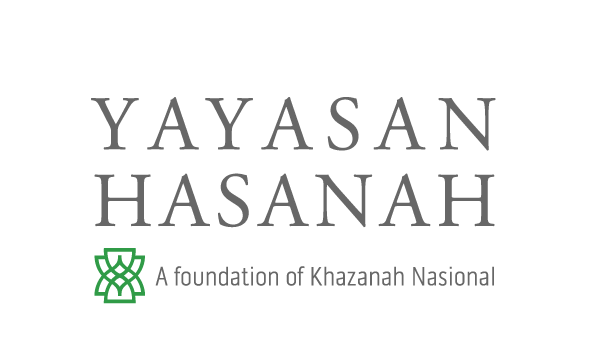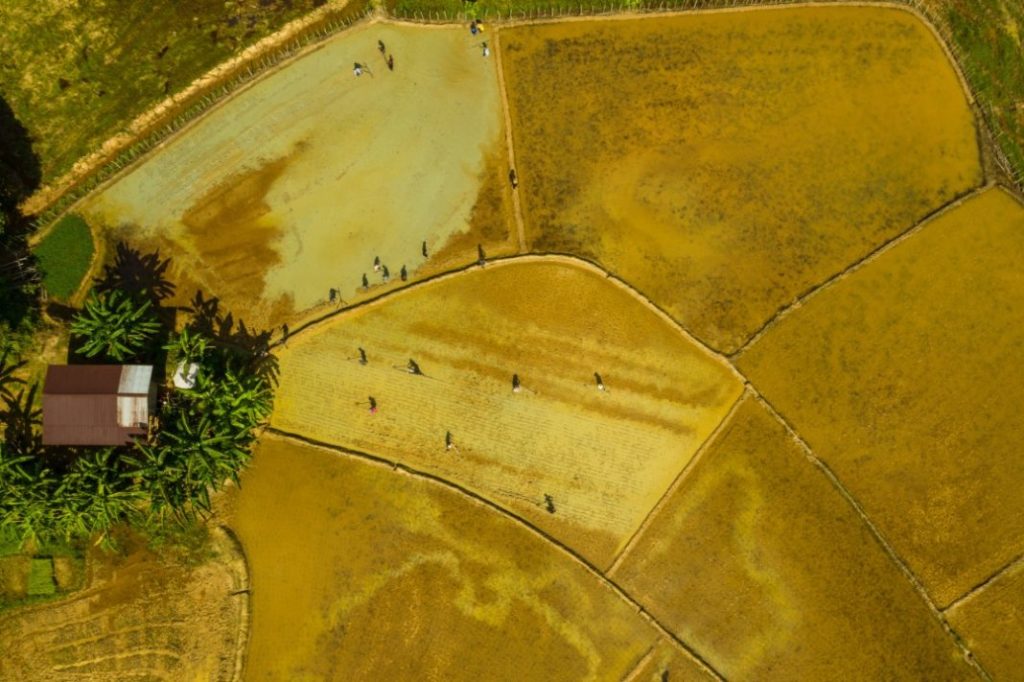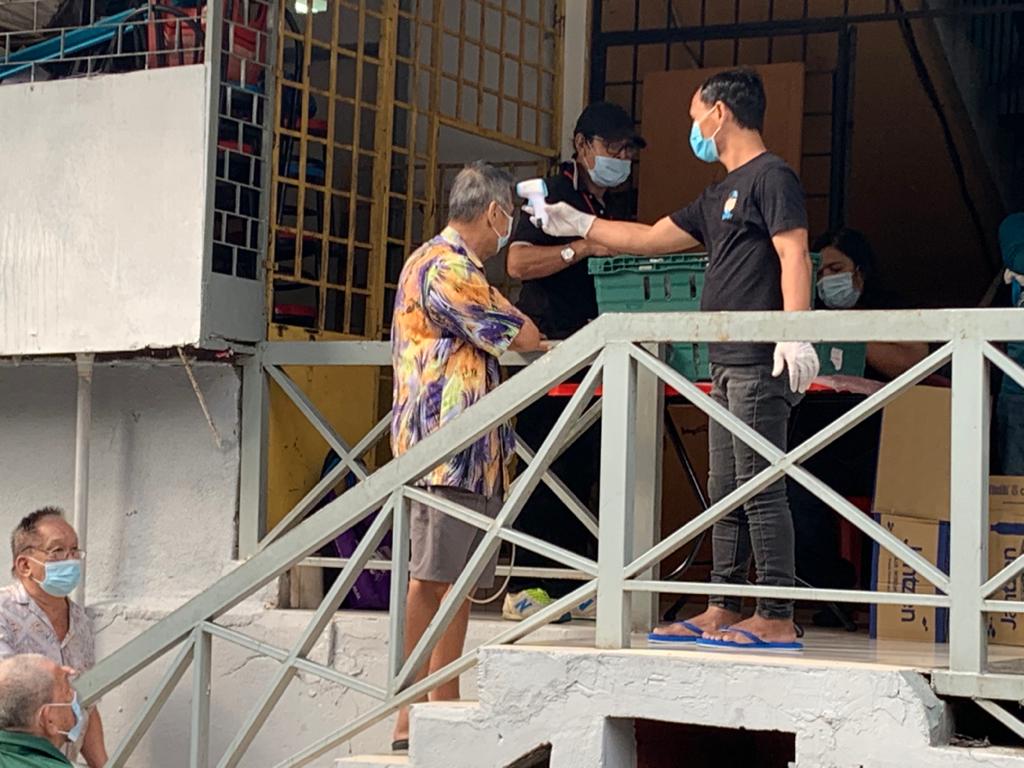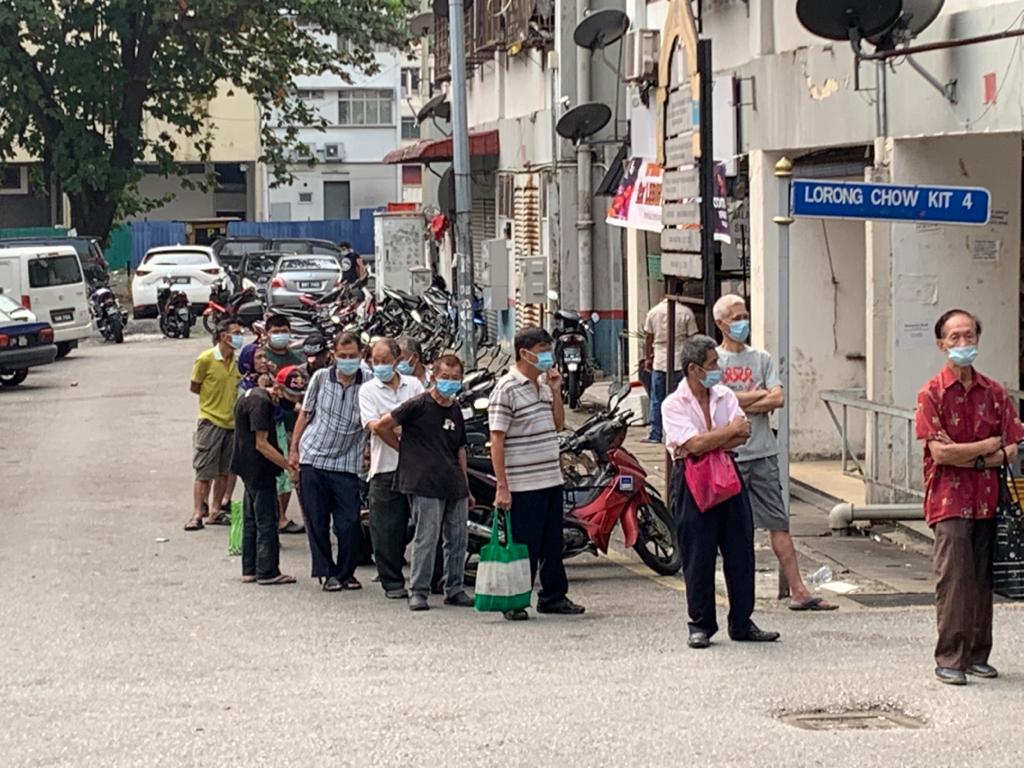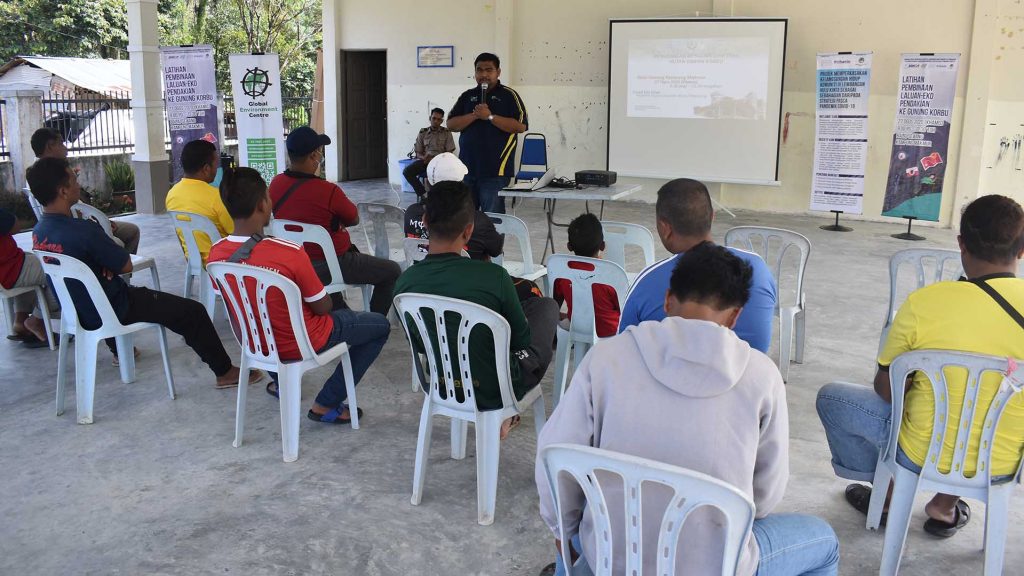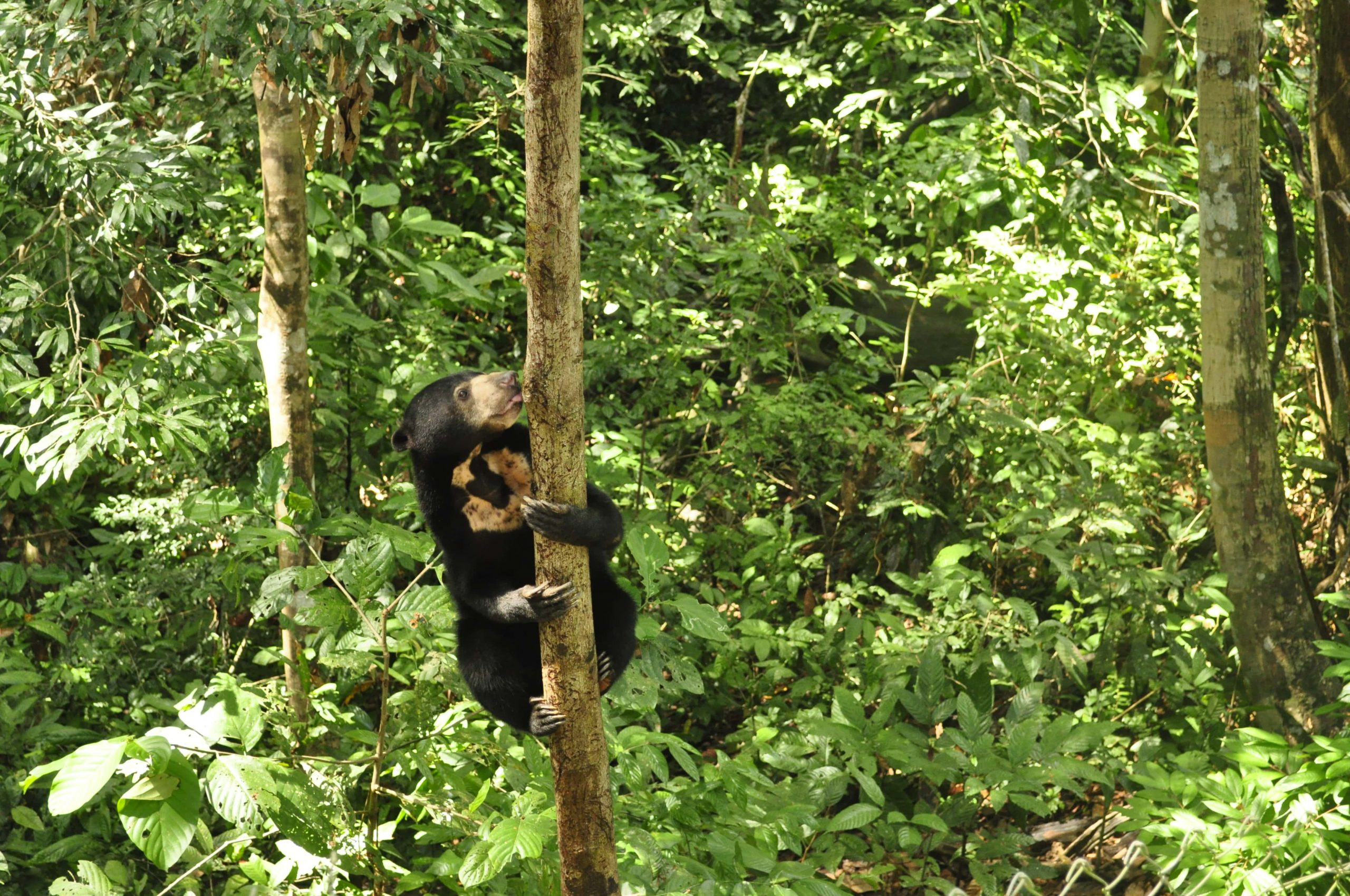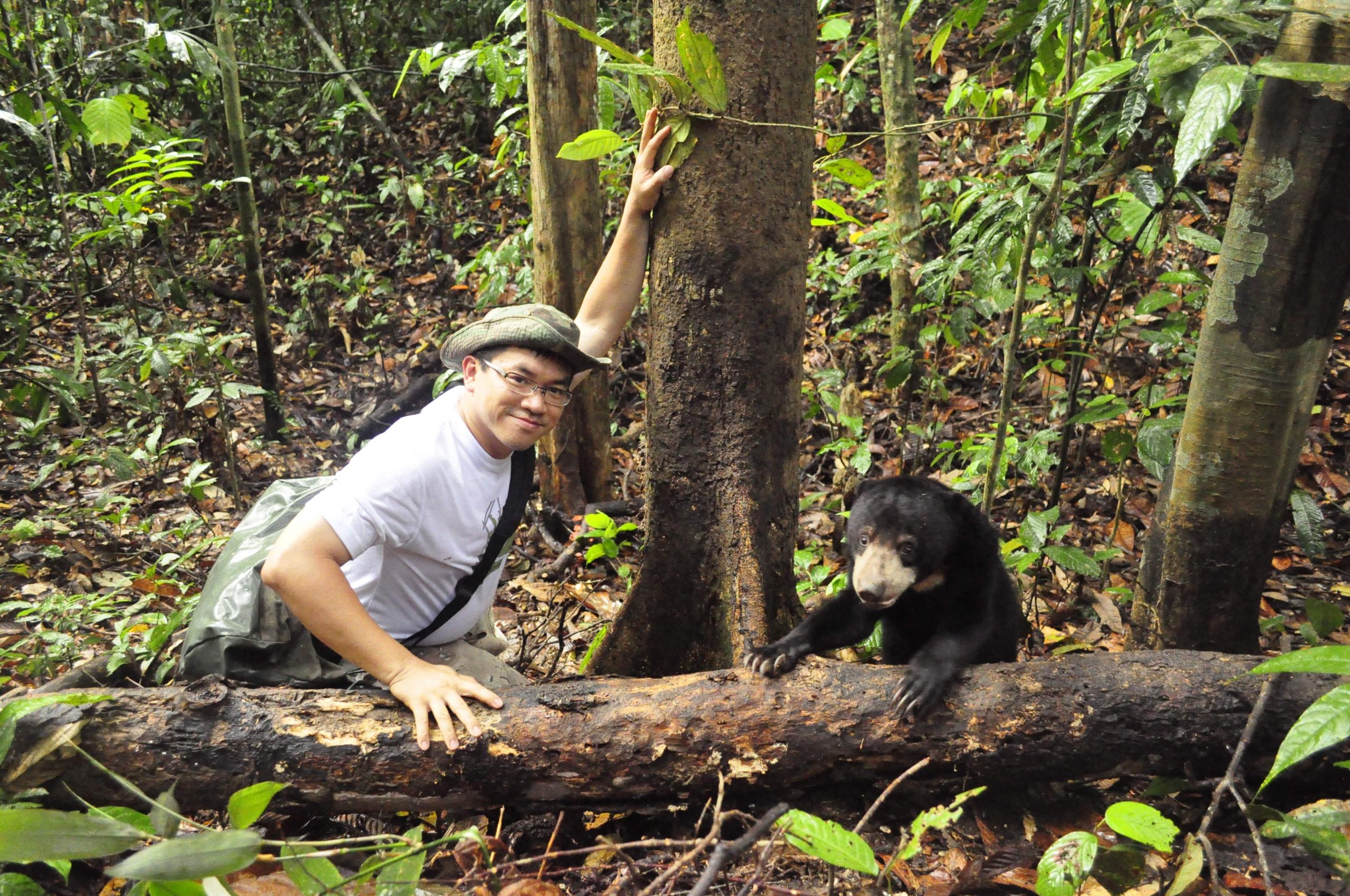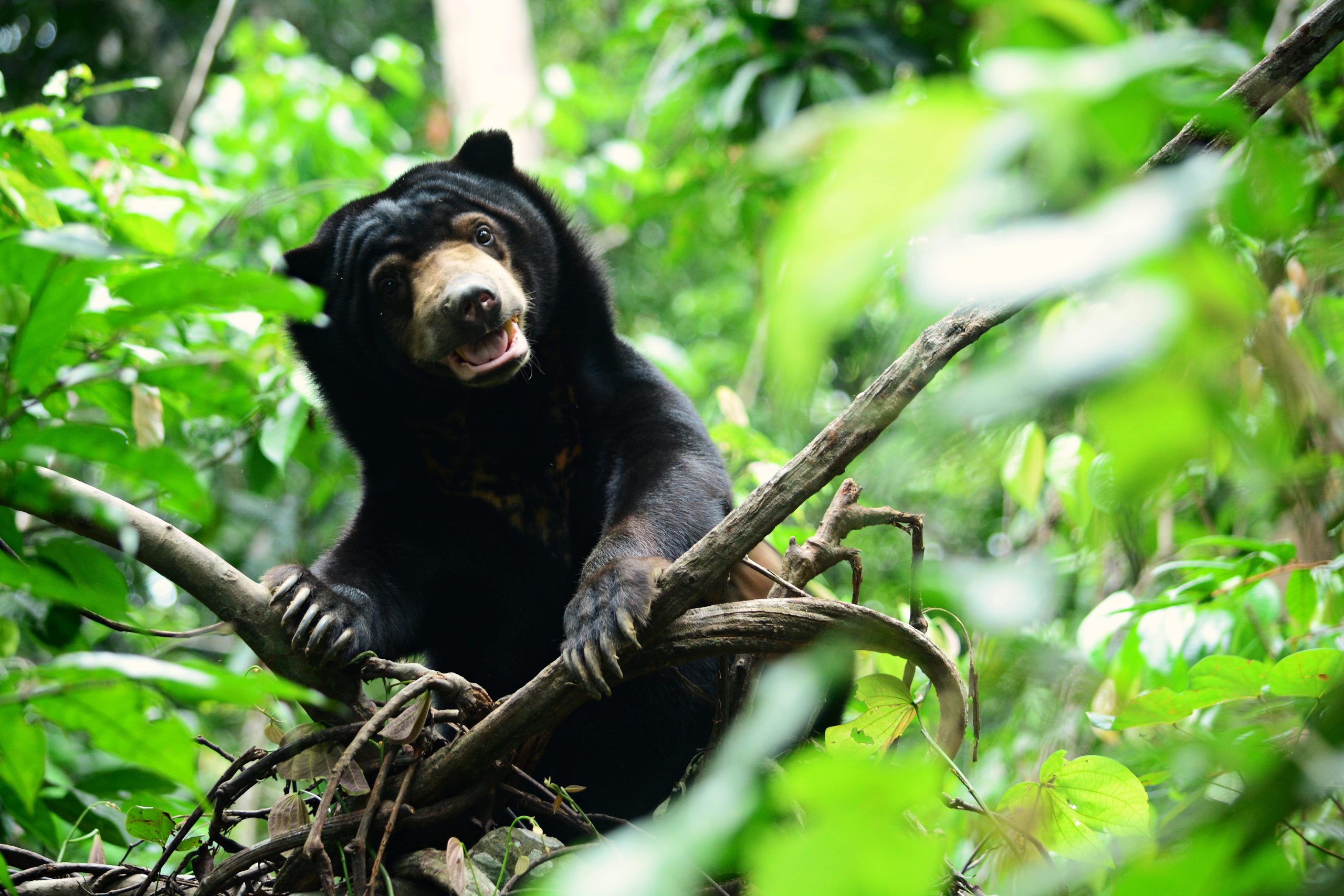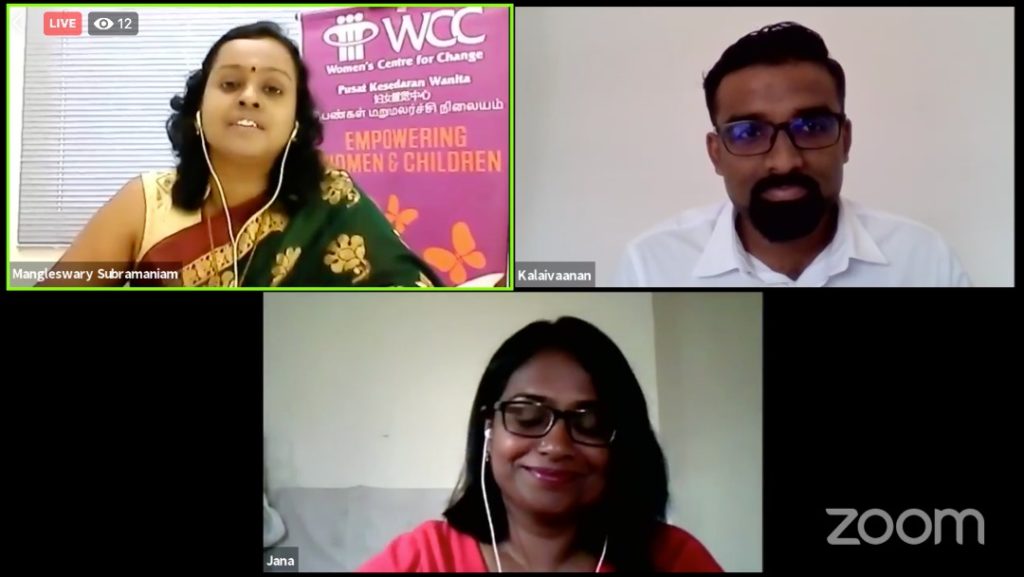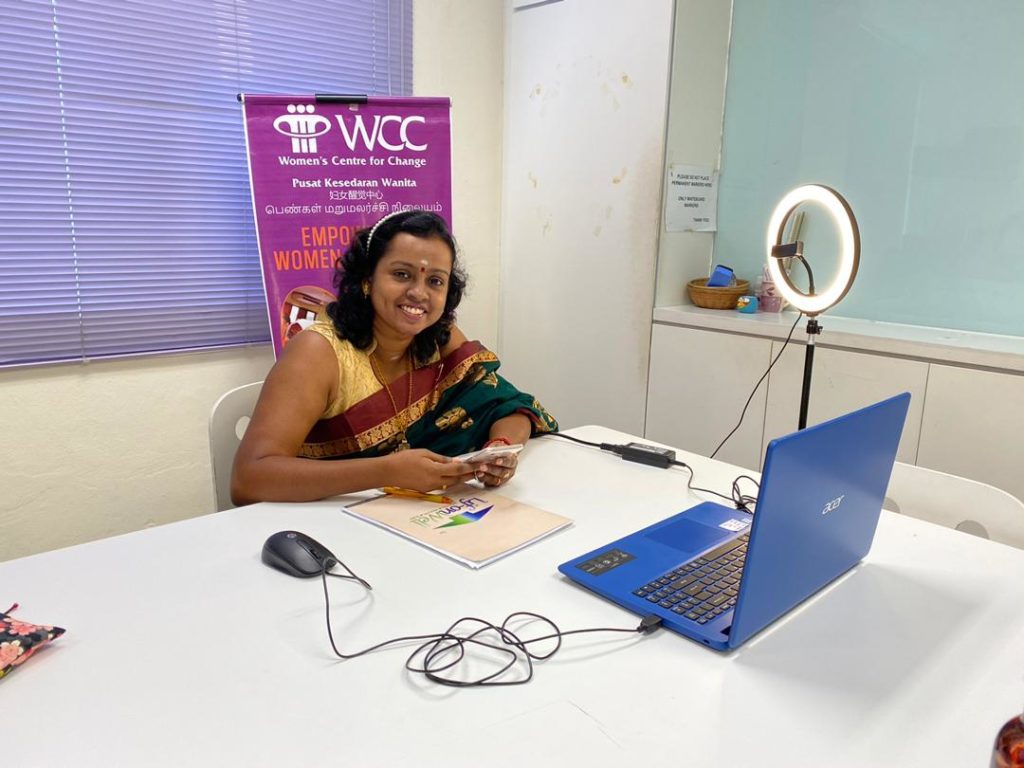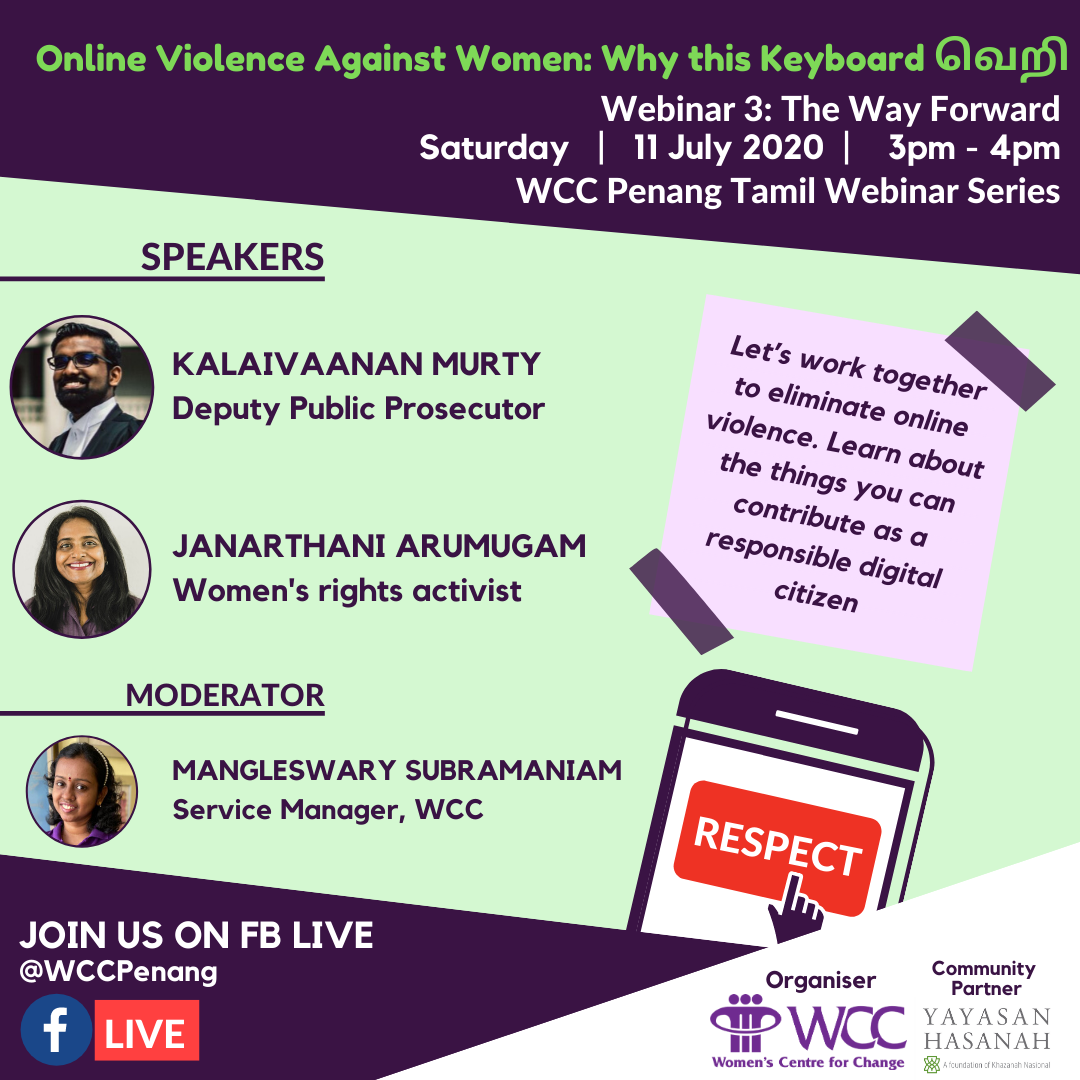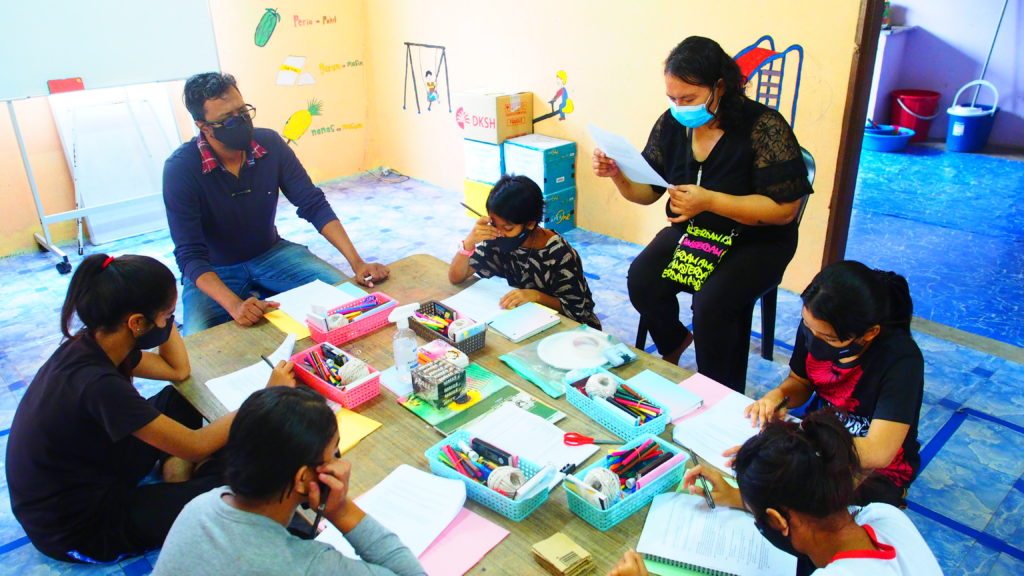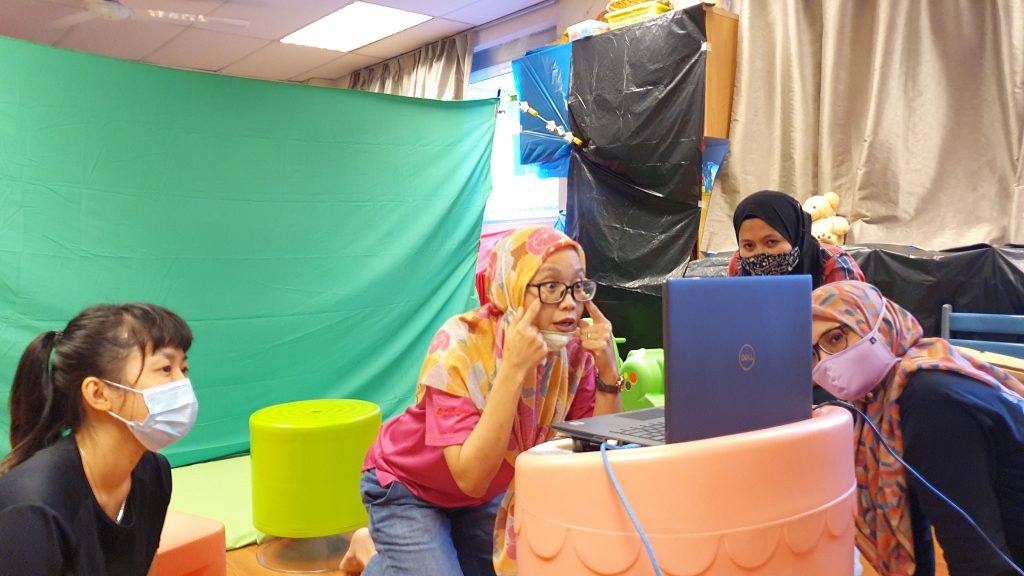KOTA KINABALU: A partnership with the communities of Kg Lapasan Ulu and Kg Tinuhan in Tuaran district, is revitalising paddy production on almost 50 acres of village land in the Tenghilan area.
Sabah currently produces only around 25 per cent of the rice it needs.
The project’s co-partners are the Department of Drainage and Irrigation (DID) and Yayasan Hasanah.
It is facilitated by Forever Sabah, in partnership with KampOng Campus for Ecoliteracy & Change, a learning centre based in the area.

Forever Sabah has brought in Maria Lasimbang from Kivatu Nature Farm, the well-known organic farming training centre in Penampang to help train the villagers in the latest environmentally friendly techniques.
Community representatives visited Kg Tambatuon in the Mt Kinabalu foothills of Kota Belud to see the more climate-friendly Sustainable Rice Intensification System (SRI) in action.
Faced with the movement control order, and concerned for their livelihoods and staple food, 43 families came forward in June to restore their tradition as rice farmers on family and community land.
Clearing land left unused for many years has taken hard work and gotong royong.
“It is important that a new generation gets interested and sees benefits from producing rice while our elders are still there to teach us the tradition along with innovations,”said Betroychiper Hongsui @Chiper, the Project Coordinator, from Kg. Lapasan Ulu.

“Covid-19 prevented us earning money and reminded us of the need and opportunity to return to growing our own rice.”
“We are now planting 22 delicious traditional varieties of rice sourced from our own and other villages in neighbouring districts”, added field coordinator Linah Masud.
These local rice have special taste, cooking and nutritional qualities that can earn over RM10/kg in premier markets, which is over five times the floor price in Malaysia.
DID quickly stepped forward to restore irrigation canals and drains in the two villages, in time to manage the rains for the field preparation processes.
Daimon Bin Rotop, chairman of the Kg. Tinuhan committee said: “On behalf of my community I want to thank the staff from DID headquarters and Tuaran branch for coming to our villages upon the invitation of Forever Sabah, for jointly inspecting the needed work with us and for completing this important project so quickly so that we can start planting with the new rains”.
“The exposure that I got from the project’s new planting method of SRI is great.” said Samis Enggang, a local farmer from Kg. Tinuhan.
“It has got me interested with the use of organic fertilisers, which is favourable for the health and good for soil care as well.”
“After six years of not working in the field, I would like to take this opportunity to say thank you for this project as it is igniting and reviving the will of the farmers who have not planted paddy for a long time,” said George Apuk, another participant of the project.
Learning of the initiative, Sapulut Forest Development in Kalabakan, donated three bundles of fence poles to assist control of buffaloes, which roam freely in the area damaging fields and crops.
Other collaborators are Universiti Malaysia Sabah’s Faculty of Sustainable Agriculture and PacosTrust’s School of Experiential and Entrepreneurial Development Sabah (SEEDS).
Cynthia Ong, Chief Executive Facilitator of Forever Sabah reflected
“This project emerged from the depths of lockdown, and the concern about communities and their access to basic food needs,” said Cynthia Ong, Chief Executive Facilitator of Forever Sabah.
“The idea was seeded in conversation with a few community members and took root overnight as the community gathered enthusiastically around it.
“Old plots were outlined using satellite imagery, old drainage and irrigation systems retraced, land preparation requirements studied, village committees organised, and it quickly became apparent that this was something that wanted to happen,” she added.
